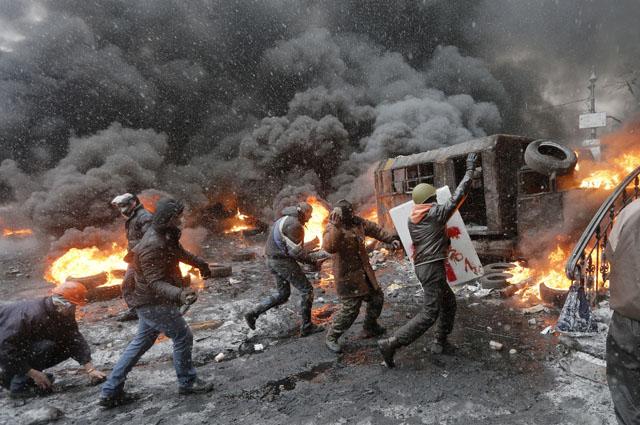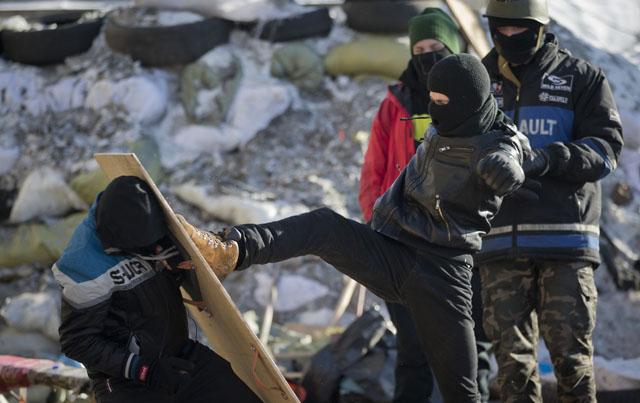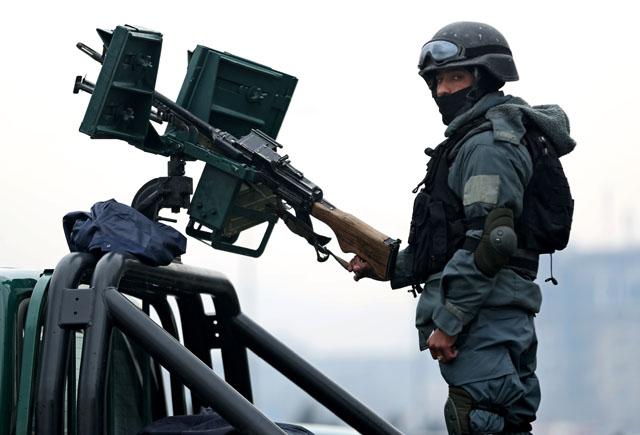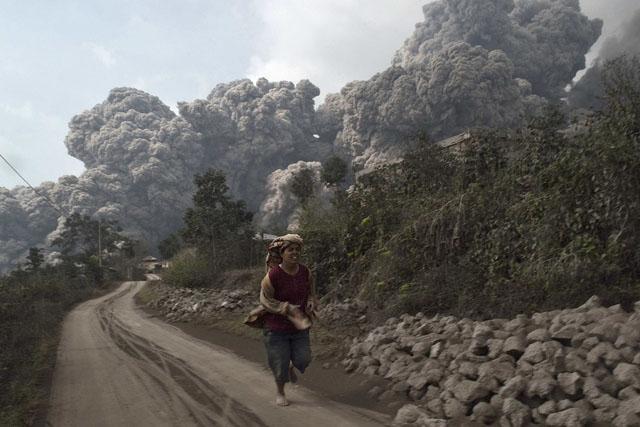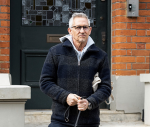ISLAMABAD — Pakistan’s planned peace talks with Taliban insurgents stumbled as they began on Tuesday, with government negotiators missing a preliminary meeting citing doubts over the militants’ team.
The faltering start will fuel scepticism about whether negotiations with the Tehreek-e-Taliban Pakistan (TTP) can achieve a meaningful and lasting peace accord.
Prime Minister Nawaz Sharif caused surprise last week by announcing a team to begin dialogue with the TTP, which has been waging a violent insurgency since 2007.
Many observers had been anticipating a military offensive against TTP strongholds in Pakistan’s tribal areas, following a bloody start to the year. More than 110 people were killed in militant attacks in January, many of them military personnel.
Tentative efforts towards peace talks last year came to an abrupt halt in November when the TTP leader Hakimullah Mehsud was killed in a US drone strike.
Teams representing the Taliban and government had been due to gather in Islamabad at 2:00pm (0900 GMT) on Tuesday to chart a “roadmap” for talks.
But the government delegation did not show up. One of its members, senior journalist Rahimullah Yusufzai, said they wanted to clarify who was on the Taliban team and what powers they had.
The TTP initially named five negotiators but cricketer-turned-politician Imran Khan declined to take part and another was pulled out by his political party.
“We told them we are ready to meet them after we get an explanation about one issue, that their committee will consist of three members,” Yusufzai told AFP.
“We also seek explanations on other issues, like how powerful this committee is.”
The head of the Taliban team, hardline cleric Maulana Sami-ul-Haq, accused the government of not taking the talks seriously.
“Today it has been exposed how serious the government is about talks,” Haq told AFP.
“They are making a joke of talks and joking with the nation. On one side they are saying they are talking to the Taliban and on the other side they are making joke of these talks.”
The TTP’s main spokesman Shahidullah Shahid told AFP that Haq and his two colleagues had their blessing.
“The three-member committee is final now and we have our full confidence in it to hold talks,” he said.
Bleak hopes
The talks will be watched keenly in the West. Stability in nuclear-armed Pakistan is seen as important to neighbouring Afghanistan, where US-led NATO troops are pulling out after more than a decade of war.
Washington has long pressured Pakistan to take action against militants using the tribal areas as a base to attack NATO forces across the border.
Talk of a full offensive in North Waziristan gathered momentum last month when the air force bombarded suspected Taliban hideouts following two major attacks on military targets.
But no operation was launched and critics accused Sharif’s government of dithering in response to the resurgent violence.
Even before Tuesday’s abortive start, media held out scant hope for the talks, with the two sides appearing to have virtually no common ground.
The TTP has said in the past that it opposes democracy and wants Islamic Sharia law imposed throughout Pakistan, while the government has stressed the country’s constitution must remain paramount.
English-language daily The Nation predicted the “peace talks balloon will burst soon enough”.
“The ambiguity and confusion still exists because the political leadership has been extremely hesitant towards taking a clear stand and calling a spade a spade for a change,” it said in an editorial on Tuesday.
The News predicted the process would be “long and excruciating... since neither committee contains anyone with the authority to make decisions”.
In the past, localised peace deals between the authorities and the TTP have quickly fallen apart.
Fragile security
Highlighting the fragile security situation, a prominent Shiite Muslim leader was shot dead in the northwestern city of Peshawar on Tuesday in an apparent sectarian attack.
The government team for the talks consists of senior journalists Irfan Siddiqui and Yusufzai, former diplomat Rustam Shah Mohmand and retired major Mohammad Aamir, formerly of the Inter Services Intelligence agency.
Haq said his team was ready to move on from Tuesday’s abortive start and urged the government to come to the negotiating table.
“We once again invite the government committee to come and talk to us. We will not make anything a point of prestige,” he told reporters.
“We believe that the pressure is now growing on the Prime Minister. He makes sincere offers but later comes under US pressure.”
In the past the militants have called for their prisoners to be released and for Pakistani troops to be pulled out of the seven tribal areas along the Afghan border.

